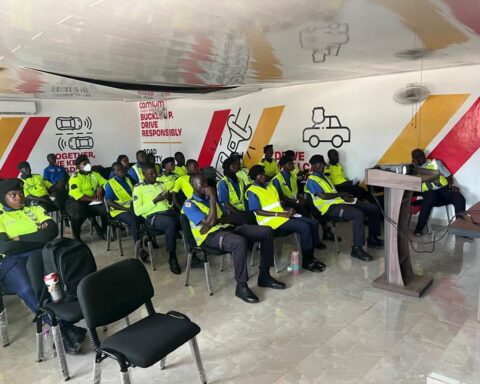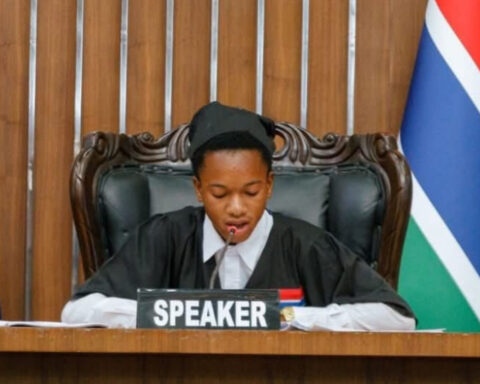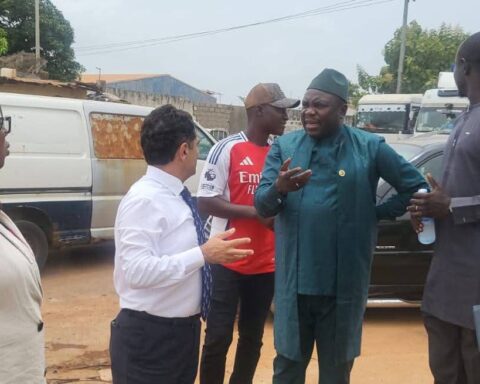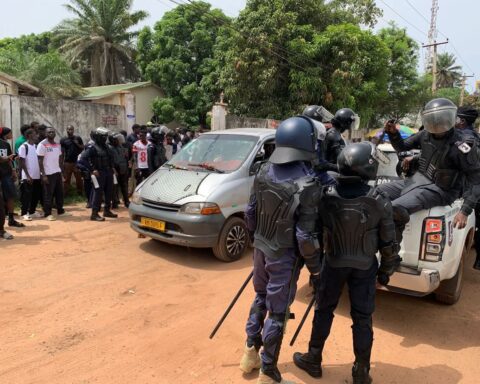Muhammadu Buhari’s return to power in 2015 was nothing short of historic. A former military ruler turned elected president, riding on a wave of public discontent and promises of change.
For many Nigerians, he symbolised discipline, integrity, and the hope of national renewal. Yet, his two-term presidency would unfold as a paradox: marked by ambition and inertia, resolve and silence, nationalism and authoritarian drift.
His legacy remains deeply polarising, hailed by some for his anti-corruption rhetoric and condemned by others for economic stagnation, rising insecurity, and democratic backsliding.
Below are some of the most defining moments of Buhari’s public life:
1. “Baba Go Slow”: The Ministerial Delay That Set the Tone
Event: After assuming office in May 2015, Buhari delayed appointing ministers for nearly seven months.
Impact: This prolonged gap created uncertainty in financial markets and policy paralysis in governance.
Analysis: While Buhari defended the delay as due diligence to ensure credibility, it reinforced perceptions of indecisiveness and set a precedent for his administration’s often slow response to national issues.
2. Zaria Massacre: A Deadly Crackdown on Shi’a Muslims
Event: In December 2015, the Nigerian military killed over 300 members of the Islamic Movement in Nigeria (IMN) after a confrontation in Zaria.
Impact: The raid sparked national and international outrage. The victims were buried in mass graves, and IMN leader Ibrahim El-Zakzaky was detained for years.
Analysis: The episode highlighted concerns about excessive use of force, lack of accountability within the military, and ongoing religious tensions. Buhari’s silence on the matter was viewed as tacit approval.
3. Midnight Raids on Judges: Anti-Corruption or Judicial Intimidation?
Event: In 2016, the Department of State Services (DSS) conducted midnight raids on the residences of senior judges, alleging corruption.
Impact: Civil society groups condemned the raids as undermining judicial independence.
Analysis: While framed as part of an anti-graft campaign, the operation deepened fears of executive overreach and selective justice. It marked a turning point in the perceived erosion of democratic institutions.
4. The Plagiarism Controversy: Integrity Questioned
Event: Buhari’s 2016 “Change Begins With Me” speech was found to closely mirror Barack Obama’s 2008 victory speech.
Impact: The presidency blamed an “overzealous staff,” but the revelation undercut Buhari’s image as a man of personal integrity.
Analysis: For a leader whose legitimacy rested on a moral high ground, the scandal was both embarrassing and symbolic of deeper flaws in governance culture.
5. Prolonged Medical Absences: Leadership in Limbo
Event: Buhari spent extensive periods abroad for medical treatment, including a 152-day absence in 2017.
Impact: These absences led to uncertainty, conspiracy theories, and a governance vacuum.
Analysis: The presidency offered little transparency, fueling speculations and eroding public confidence. Though Vice President Osinbajo occasionally served in acting capacity, many Nigerians questioned who was truly in charge.
6. #LazyNigerianYouths: The Comment That Sparked a Generation’s Fury
Event: At a 2018 Commonwealth forum, Buhari remarked that many Nigerian youths “do nothing” yet expect government benefits.
Impact: The backlash was immediate. The hashtag #LazyNigerianYouths trended globally, as young Nigerians countered the narrative with stories of entrepreneurship and resilience.
Analysis: The statement revealed a generational disconnect and contributed to a widening credibility gap between the administration and young citizens.
7. Twitter Ban: Silencing Dissent in the Digital Era
Event: In June 2021, Nigeria banned Twitter after the platform removed a tweet by Buhari.
Impact: The ban lasted seven months, stifling digital activism, journalism, and online business.
Analysis: Though framed as a national security measure, the move was widely perceived as retaliation against dissent. It raised alarms about free speech, press freedom and digital rights under Buhari’s rule.
8. #EndSARS and Lekki Toll Gate Shooting: A Nation in Grief
Event: On October 20, 2020, soldiers allegedly opened fire on peaceful protesters at the Lekki Toll Gate.
Impact: Despite eyewitness accounts and mounting evidence, the government denied wrongdoing. Buhari’s national address ignored the shootings entirely.
Analysis: The incident became emblematic of state brutality and impunity. The administration’s failure to acknowledge or investigate the violence significantly damaged its democratic credibility.
9. Naira Redesign Debacle: Economic Reform Gone Awry
Event: Ahead of the 2023 elections, Buhari approved a sudden currency redesign to curb vote-buying and illicit cash.
Impact: The rollout caused widespread chaos—cash scarcity, business closures, and civil unrest. The Supreme Court later ruled the policy unconstitutional.
Analysis: Though well-intentioned, the lack of coordination with stakeholders turned reform into disruption. It spotlighted governance disconnect and weakened public trust in institutional decision-making.
Buhari entered office with promises of discipline, transparency, and reform. Yet, his presidency was marked by recurring contradictions with anti-corruption campaigns mired in selective justice, democratic rhetoric paired with authoritarian actions, and long silences during national crises.
His rule reflected both the challenges of reforming Nigeria’s complex system and the limits of personality-driven leadership. In many ways, Buhari’s legacy mirrors the Nigerian state: aspirational yet compromised, resolute yet reactive, hopeful yet hamstrung.
The post FROM HOPE TO DESPAIR: The defining moments that shaped Buhari’s Presidency appeared first on Latest Nigeria News | Top Stories from Ripples Nigeria.






